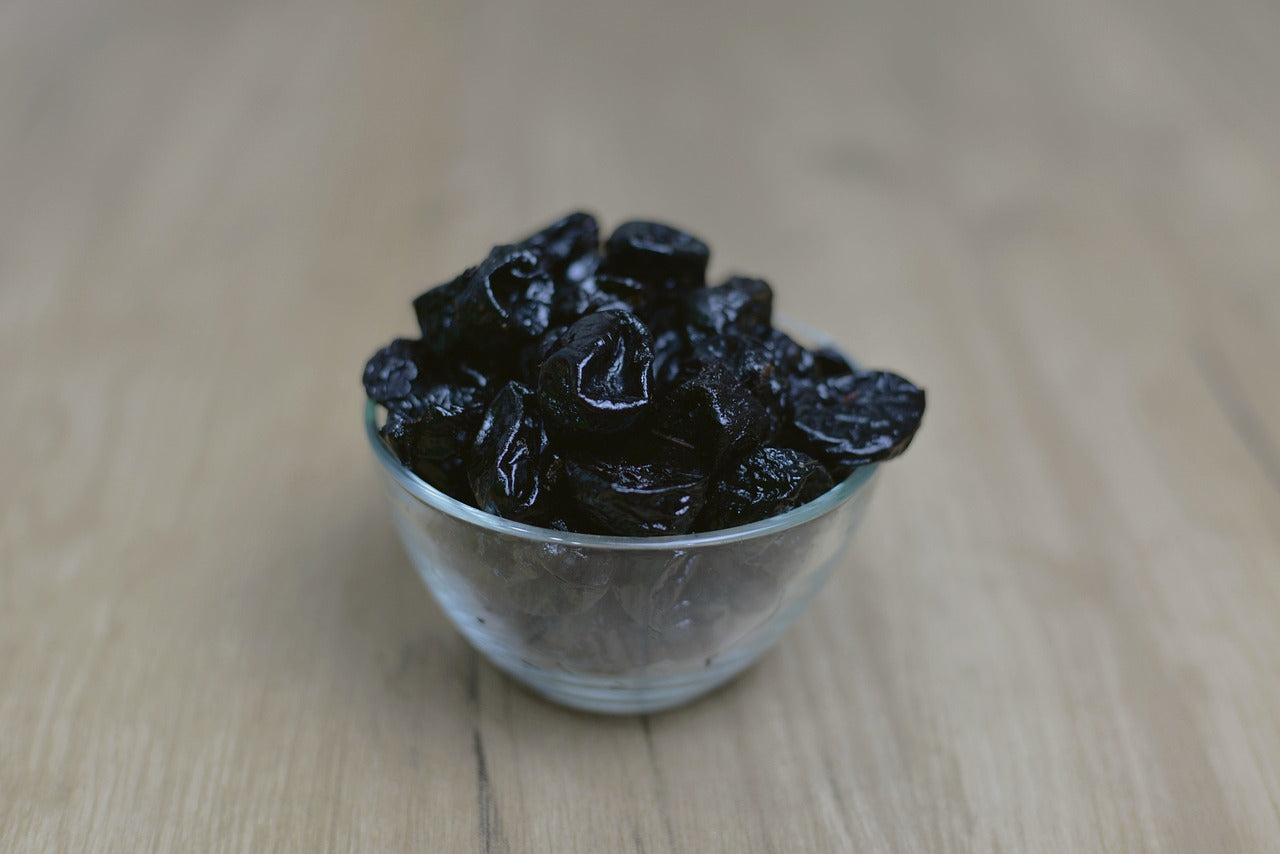I realize writing about this study after just posting about avoiding dry fruit might be a bit ironic.
But let me say two things about this study.
1. I think there’s value in this research and want to report it to you. I’m also in favor of scientifically based approaches to medicine.
2. I believe healthy food (i.e. pure dried fruits with zero added sugar) is always a good place to start when it comes to fighting diseases. And in this case, it appears to be the case.
I.E. this isn’t anyone blowing smoke…
So, with that being said, take a look at this.
Researches at Texas A&M University recently concluded a study that showed dried plums (otherwise known as prunes) might have an overwhelmingly positive effect on the immune system.
You might not know this, but colon cancer is one of the deadliest forms of cancer in the U.S. and will likely take the lives of 49,700 in 2015; so this is quite exciting to see.
According to Dr. Nancy Turner, the lead author of the study, the way dried plums are believed to help is through facilitating the growth of healthy gut bacteria in the colon.
It’s been shown in a number of other studies the development and cultivation of healthy microbiota, or gut bacteria, can have positive effects on health, and this study seems to build on the established evidence.
Dr. Turner who is a research professor at Texas A&m’s Nutrition and Food Science Department says the research indicates of the 400 gut bacteria yet identified, a number of the healthy ones are affected positively by phenolic compounds found in dried plums.
In the absence of phenolic compounds (which are known antioxidants), the formation of free-radicals can occur; and as Turner notes (and research proves) free-radicals can lead to inflammation which can cause cancer.
Medical News Today reports:
The scientists hypothesized that consuming dried plums would promote retention of beneficial microbiota and patterns of microbial metabolism in the colon, which could in turn decrease the risk of colon cancer. They tested the effect of phenolic compounds on a rat model of colon cancer. The rats were fed either a diet containing dried plums or a control diet.
The diets were matched for total calories and macronutrient composition to ensure that any effect might be accurately attributed to the dried plums. The intestinal contents and tissues from different segments of the colon were examined.
The team made two important discoveries.
The dried plum diet changed the levels of the two major phyla of bacteria in the gut. In the distal colon, it increased the level of Bacteroidetes, but reduced the amount of Firmicutes. However, in the proximal colon, the proportions were not affected/ In contrast, the control diet led to a lower proportion of Bacteroidetes and increased Firmicutes in the distal colon.
The rats that consumed the dried plums had significantly reduced numbers of aberrant crypts, aberrant crypt foci and high-multiplicity aberrant crypt foci compared with control rats.
What we know about aberrant crypt foci is they are one of the best indicators for the formation of cancer as they’re one of the first signs of precancerous growth.
So what Turner and her associates found was that dried plums might be an effective way to combat the growth of these potential hazards.
Of course, the study isn’t conclusive, and human tests would need to be done to get a better understanding of dried plums effects on humans.
Nonetheless there is cause for hope… as Dr. Turner says:
“From this study we were able to conclude that dried plums did, in fact, appear to promote retention of beneficial microbiota and microbial metabolism throughout the colon, which was associated with a reduced incidence of precancerous lesions.”
Talk soon,
Dr. Wiggy
www.HealthAsItOughtToBe.com




